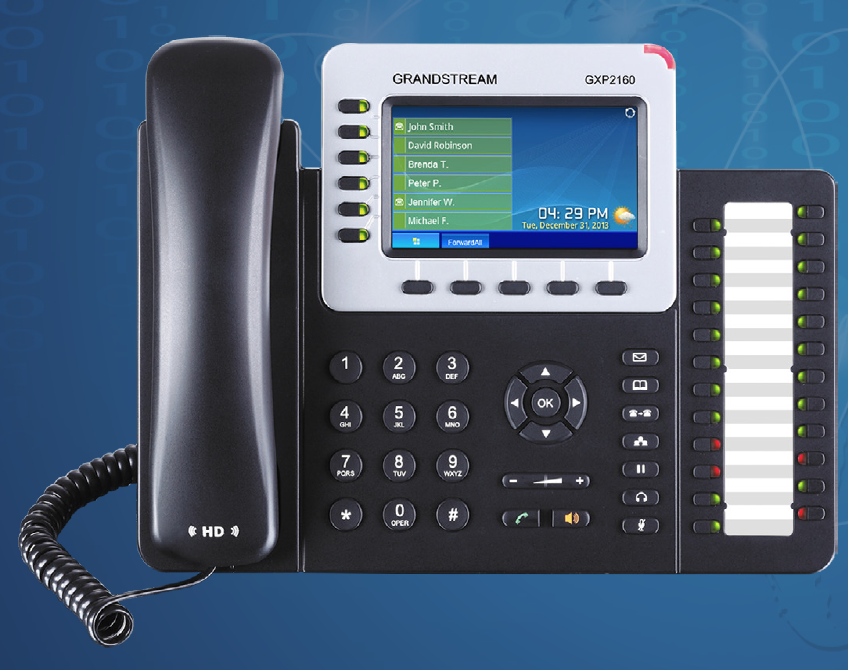The simplest way to choose a phone system for your business is to determine the best use case for its application. Think about how many employees need a phone? How would you like to interact with your customer? What tools and features are most important for your business model? What is the cost of the equipment (phones), PBX (private branch exchange) and installation (network)?
Prior to Covid 19, most employees worked in an office on a desk phone. We call that having an “on-premise” phone system. Their desk phone had multiple buttons that controlled several functions: Call Waiting, Call Forwarding, Call Transfers, Extension to Extension Calling and Voicemail. This type of setup was perfect for a brick and mortar environment, but now our (business owner, customer and employee) needs have changed for a more robust solution.
Now business owners must explore choosing between an on-premise solution, a hosted virtual phone system or a hybrid product. Most companies, in our current business climate, have transitioned to a virtual hosted PBX phone system also know as Voice over IP (VOIP) or Unified Communications as a Service (UCaaS).
The reason companies have transitioned to the virtual hosted PBX phone system is it gives them the greatest flexibility for their employees that are working in the office and/or from home. The virtual phone system is accessible by any device, anywhere at anytime.
Here are the some other benefits of VOIP:
Lower setup costs & maintenance – A virtual PBX has a low initial investment. There is no need for a server, switches, cables and other costly hardware. Also the installation requirements and provisioning is less expensive than the traditional PBX. Your provider will handle all of the maintenance and upgrades for the phone system at no cost.
It’s a scalable solution – If your employee base is organically growing, you can scale up or down to accommodate the fluctuation of your workforce. With minimum effort and cost, it allows you to manage your phone system with your FTE budget.
User-friendly – Your employees can acclimate to the VOIP solution quickly without the need for specialized training. The Graphic User Interface (GUI) is easy to learn and your staff can begin using the phone system right away.
Cloud-based Infrastructure – Your virtual PBX is provisioned for your employees to work from anywhere in the world with internet access. This cloud-based system can eliminate inter-office call charges by connecting multiple offices in the same system.
More Enhanced Features – The VOIP solution has more features than the traditional PBX. Some advanced features include: Voicemail to Text; Fax to Email; IM and SMS Texting; Integration with mobile devices; Customer Relationship Management (CRM) software; API tools; Conferencing (HD Audio, HD Video & Web); Call Recording; and Disaster Recovery & Back-Up.
So, what’s the best type of phone system? One that is cost-efficient, has applicable features for your business and is accessible form any location with internet connectivity: VOIP.
Ask The Techs – Red Hinge – www.redhinge.com

